In the Student Budget Consultation, students identified course offerings as a priority for improvement this year – as it was in 2014, 2015, and 2016 in conjunction with academic advising. Course offerings are foundational to the university experience, making them an unsurprising focus for student attention.
Issues have included those of content – desired programs, courses, and topics – and of delivery – frequency, scheduling conflicts, waitlists, and course changes/cancellations. In recent years, TRU has made significant and consistent improvements to academic advising and some to scheduling, but has demonstrated little coordinated action on course offerings themselves.
In 2020/21, TRU management has indicated that most improvements to your core educational experience will be up to your specific academic departments.
Enhancing Programs, Courses, and Content
Students’ most common area of concern with course offerings is perceived gaps in content, whether it is certain disciplines or topics, questions of breadth versus specialization, or opportunities to expanding existing programming. In particular, students identified a consistent desire for content that focused on career development.
In 2020/21, actions on any of these areas will be up to academic units where decisions about curriculum are made collegially by faculty and – ideally – students. We believe that students should play a bigger role to shape even more responsive and engaging teaching and learning.
TRU Response: Deans of Faculties and Schools have been asked to consider the recommendations
We encourage you to speak with your Department Chair and/or Dean to find out more about what might be happening with curriculum in your program.
Improving Course Delivery and Registration
Students’ other major concern with course offerings is the ability to plan for and complete an efficient path to graduation. This requires that courses are offered frequently and reliably, scheduled efficiently, and be easily accessible through registration processes.
In 2020/21, TRU has committed to build on improvements made by Enrolment Services in recent years. This includes implementing scheduling software for greater efficiency and reduced conflicts, analyzing space utilization to assign more appropriate classroom sizes, incorporating student feedback for more user-friendly registration, and reducing waitlists. Like course content, however, frequency, changes/cancellations, registration information, and even some scheduling is up to academic departments.
TRU Response:
- Course scheduling by Enrolment Services has shifted from local, manual practices to a central, software process between 2016 and now, but some academic departments still choose to pre-determine course schedules
- Course scheduling by Enrolment Services uses information on typical course combinations to minimize students’ scheduling conflicts, particularly for required courses, and continues to work with academic departments to refine this process
- With considerable change to classroom space in recent years, a new space utilization study will ensure room capacities are accurate and aligned with enrolments
- All decisions on course offerings, frequency, and changes/ cancellations are made by academic departments
TRU Response:
- Student feedback on the registration interface and how-to information will help inform planning and continuous improvement
- Waitlists are an inherently complex element of registration, but changes in recent years have led to significant reductions – from 2,000 students on waitlists in mid-January 2018 to just 65 in mid-January 2020 – and further improvement is sought
- Information about courses at the time of registration is provided by the academic departments, and is included in the schedule if is available – it may be unknown in June when registration opens
While Enrolment Services is making some continued improvements to scheduling and registration systems, your experience with courses and programs is ultimately driven by decisions in your academic departments and Faculties/Schools. Students will need to raise their voices in these decisions to secure and/or shape further improvements.
To see the full response from Enrolment Services to your priorities on course offerings, click here. For more information about responses to your priorities on course offerings, please contact your Department Chair and/or Dean.
To stay up-to-date on all of TRU’s responses to your priorities, check out the Student Budget Consultation webpage!

